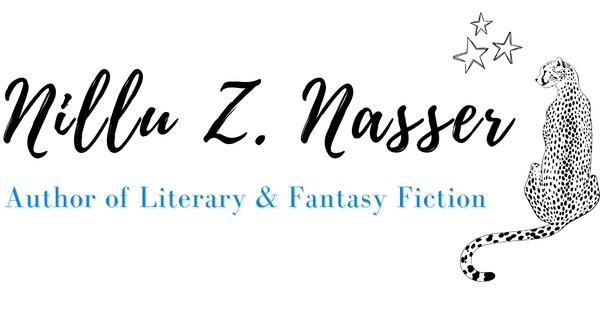How glad I am that I did.
Home Fire is the seventh of Shamsie’s novels, after In the City by the Sea (1998), Salt and Saffron (2000), Kartography (2002), Broken Verses (2005), Burnt Shadows (2009) and A God in Every Stone (2014). Inspired by Sophocles’ play Antigone, Home Fire is a timely, courageous and accessible story of immigration and belonging, exploring the place of Muslims in a world that regards them with suspicion. It won this year’s Women’s Prize for Fiction.
The novel is split into five sections, each following the perspective of a Muslim. Their lives are linked by aspirations and tragedy. We have Aneeka, Isma and their brother Parvaiz, from Wembley, West London, who live in the shadow of their dead jihadi father. Shamsie also offers us the perspectives of the Home Secretary Karamat Lone – a political climber, also known as Lone Wolf, who has adopted the values of the UK to such an extent, that some think he has betrayed his heritage – and his son Eamonn, who has never quite lived up to his father’s expectations.
The most powerful scenes show the pull of family, how we disappoint each other, and yet still boomerang back into our moulds: the protective sister, the absent father, the disappointed lover, the anchorless brother. I loved the deftness with which Shamsie shows us how our relationship to faith can be transformed by the environments we find ourselves in. Her novel is rich in detail and wonderfully researched. It presents the case of how an Isil recruiter might prey on the vulnerable, and the inch by inch believability of this section was horrifying.
The tension in the novel ratchets up to the very end, aided by its multi-perspective structure. Shamsie doesn’t fall prey to sentimentalism. Her calm, unshowy writing is all the more powerful for it. The closing scene will stay with me for a long time. This is an ambitious, intelligent, brave novel.
I’ll leave you with Shamsie’s musings on grief, which I found original and poetic, although I won’t share all of them here. You’ll have to read the novel to savour the rest.
‘Grief spread its wings large like an eagle, grief huddled small like a porcupine; grief needed company, grief craved solitude; grief wanted to remember, wanted to forget…’
Happy reading
xoxo

 I first heard of the British Pakistani author Kamila Shamsie in 2012, although by then she’d been published for over a decade. I spotted a story about her in
I first heard of the British Pakistani author Kamila Shamsie in 2012, although by then she’d been published for over a decade. I spotted a story about her in